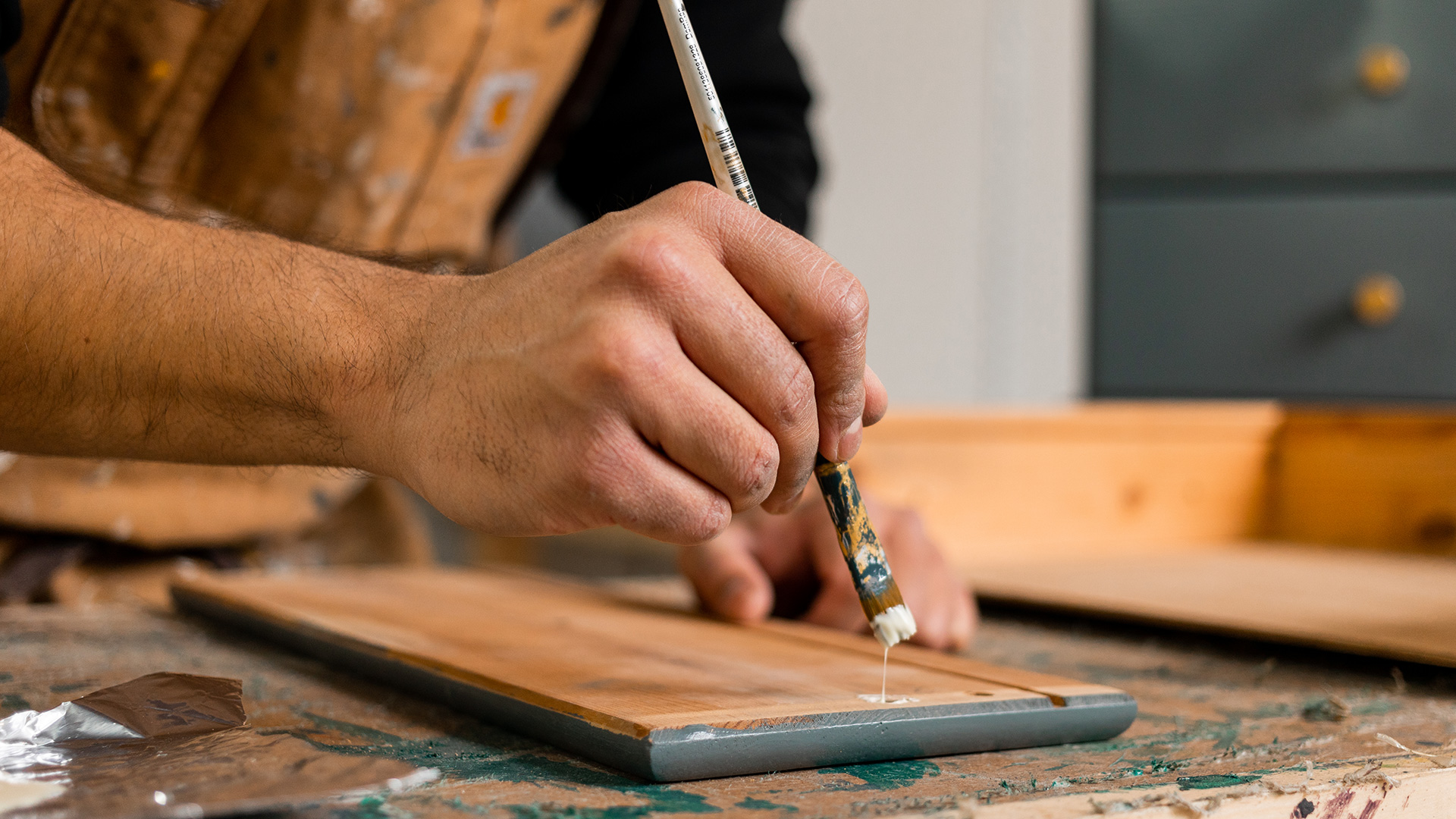Is your suede worse for wear? You may not need those new shoes… Use a nail file to remove small spots of dirt from suede, gently filing on the areas of dirt or clouding to bring it back to life and remove the stains.
Bring your knitwear back to life. Use a comb to de-pill your cashmere and wool clothes. Do not pull the pills off with your fingers and do not use a razor or scissors as it damages the fibre. Instead, use a comb to softly brush them out and your clothes could look as good as new.
Toes poking out of your socks? Don’t throw them away, get darning! There are loads of YouTube videos and classes that can teach you how to do it – it’s easier than you think, and if you don’t have a darning egg, a tennis ball will work just as well.
Fuzzy TV picture? It may be caused by interference. Try putting a sheet of aluminium foil between any electronics that are stacked on top of each other (like your satellite receiver box or games console.
Cleaning can save you money. Bicycle chains and sprockets aren’t cheap to replace, so save yourself some money by regularly cleaning and lubricating the chain, cogs and pedals. The more often you do it, the less time it takes.
Use toothbrushes on your chain.Tape two old toothbrushes together (with the heads facing each other) and voila! A perfect tool for cleaning your bicycle chain.
Handlebars seen better days?Rewrapping them with handlebar tape is a really simple job and they’ll look as good as new. Then move on to rewrap your tennis racket, badminton racket, squash racket…
Get the latest news and insight into how the Big Issue magazine is made by signing up for the Inside Big Issue newsletter
Electronics
Repairing electronics in particular may seem daunting, but it doesn’t have to be. The brilliant Repair Week partner Team Repair are here to help with their top five pieces of advice for anyone who does not feel confident repairing electronics when they break:
If a device breaks at home but you’ve never tried electronic repairs before, visit a repair cafe. Volunteers will repair items for free, and it’s a great opportunity to observe and learn some basic repair skills. Find your closest repair cafe here.
If you’re just getting started on your repair journey and don’t want to invest in tools yet, visit your local Library of Things, an initiative that lets you borrow tools for a small daily fee.
If you want to try repairing a specific device, check out the many open source resources available online. We recommend iFixit, who assign devices with a repairability score, provide step-by-step repair manuals, and sell the relevant affordable spare parts and tools.
To learn general repair skills, we recommend the Restart Project Wiki. Here you will find general advice such as the most common faults, good safety practices and how to source spare parts, curated by an amazing community of very experienced fixers.
Finally, the best way to build repair confidence is to get started young. Team Repair is a startup teaching children science, tech, and the life skill of electronic repair. They have created repair kits containing different gadgets with strategically planned faults and all the tools needed to fix them. By taking the gadgets apart, children get to develop repair skills, explore the science behind components, and build their confidence and problem solving skills. If you know any children that would love to try this out, visit the website to sign up for a kit, or attend one of our free workshops we are running during London Repair Week.









